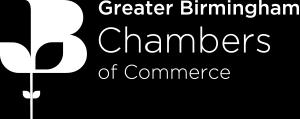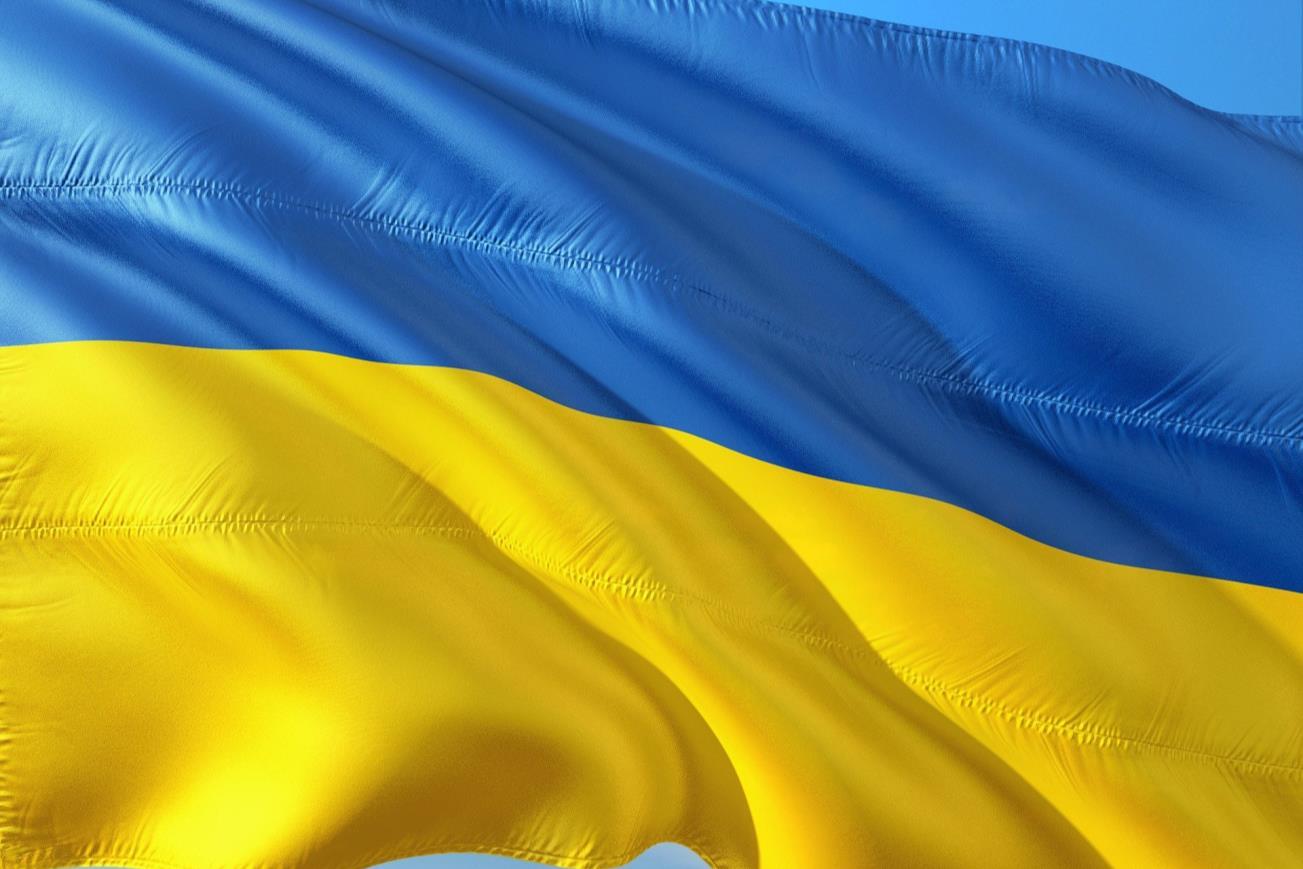

What are sanctions?
Sanctions are restrictions put in place by the United Nations or national governments to achieve a specific foreign policy or national security objective. Sanctions are intended to be a temporary measure to constrain a country’s actions or force a change in behaviour, and are typically implemented in coordination with other global allies.
Financial sanctions
Financial sanctions can limit the provision of certain financial services and restrict access to financial markets, funds and economic resources for specific people, entities or countries.
Trade sanctions
Trade sanctions seek to control the import, export, and movement of specific goods and technologies. Such sanctions can extend to the provision and procurement of services related to those goods and technologies, as well as the involvement in UK citizens in these activities.
Other sanctions
Beyond financial and trade sanctions, the UK Government has a wide range of powers to restrict activity of designated persons, entities or countries in a number of areas. For example, the UK Government has introduced sanctions relating to aircraft, ships and restricted goods and technology as a result of Russia’s invasion of Ukraine.
2014
As a member of the European Union (EU), the United Kingdom (UK) imposed sanctions on Russia in 2014 as part of a coordinated effort by western allies. The sanctions were imposed following Russia’s annexation of Crimea and its ongoing role in the destabilisation of eastern Ukraine.
183 individuals and 53 entities were sanctioned by the UK Government, resulting in them being subject to travel bans and frozen assets.
As well as this, restrictions were introduced on trade including technology related to oil exploration and lending money to specified Russian entities, and an arms embargo was introduced.
These sanctions have remained in place following the UK’s departure from the EU.
2022
Since 2014, the UK Government has imposed a vast range of sanctions on Russian nationals and entities, including: chemical weapons sanctions; global anti corruption sanctions; Magnitsky sanctions; and cyber sanctions.
On 31st January 2022, the Foreign Secretary confirmed that the UK Government would introduce legislation enabling ‘an unprecedented package of coordinated sanctions’ if Russia were to invade Ukraine.
Following Russia’s recognition of the so called Donetsk People’s Republic and the Luhansk People’s Republic and the deployment of Russian ‘peacekeeping’ troops to the region, the first wave of UK sanctions was announced on 22nd February 2022.
Since February, the UK was worked closely with other western allies including the EU and United States to impose sanctions on Russia.
September2022
Financial sanctions
The UK Government has named over 1,000 designated persons in their sanctions regime. With regard to the crisis in Ukraine, a designated person is someone or something i.e. an entity that the UK Government considers to be involved in destabilising or undermining the sovereignty and independence of Ukraine, and/or supporting or benefitting from the Government of Russia.
Designated persons will be refused leave to enter the United Kingdom and leave to remain in the United Kingdom. They are also subject to asset freezes, and thus it is an offence to deal with funds or economic resources relating to or make funds or economic resources available to designated persons.
High profile figures sanctioned include President Vladimir Putin and Minister of Foreign Affairs Sergei Lavrov, as well as members of Putin’s inner circle, members of the Duma (the Russian Parliament), and Russian military leaders.
A full list of designated persons, entities and ships can be found on the UK Government’s website
Financial sanctions cover a wide range of services and activities, including banking relationships, investments, foreign exchange reserve, and insurance services. The Government has also banned all new UK investment in Russia. Businesses requiring specific information or advice should contact the Office of Financial Sanctions Implementation
Trade sanctions
An extensive trade sanctions regime has been implemented by the UK Government covering a multitude of industries, goods and technologies. There are restrictions in place for UK businesses importing, exporting, transferring, moving, making available and acquiring goods in categories such as, but not limited to:
Energy related goods
Internet services
Luxury goods
Iron and steel products
Defence and security goods and technology
Services, including management consulting, accounting and public relations
Aviation and space related goods and technology
Jet fuel and fuel additives
Critical goods that support Russia’s manufacturing and heavy machinery sectors
Revenue generating goods
There are also strict controls on imports and exports relating to non government controlled Ukrainian territory. Specifically, this refers to Crimea and non government controlled areas of the Donetsk and Luhansk oblasts.
The UK Government has identified a list of goods that will be subject to an additional 35% import tariff on top of existing tariffs. Such goods include iron, steel, fertilisers, some metals, specific consumable goods and food products, machinery, diamonds, certain textiles and some chemicals.
Businesses seeking further information or support should contact the Export Control Joint Unit for help with export controls and the Department for International Trade’s Import Licensing Branch for import controls.
According to the UK Government, 96% of goods imported from Russia are subject to restrictions, including additional import tariffs
At the time of writing, 1,328 individuals and 157 entities have been sanctioned by the UK Government 30Transport sanctions
Under the UK’s sanctions regimes, restrictions have been introduced on the ownership, registration, movement and use of Russian ships and aircraft. ‘Russian ships and aircraft’ refers specifically to vessels and aircraft owned, chartered, controlled or operated by a designated person or a person connected with Russia.
The Department for Transport can issue licences to allow time limited and specific actions to take place that would otherwise be prohibited by the legislation.
Businesses in need of further information or seeking a licence should contact the Department for Transport
Support for Ukraine
The UK Government has provided more than £2.3 billion worth of military support and over £1.5 billion in humanitarian and economic support to Ukraine since Russia’s invasion. Under the UK Ukraine Free Trade Agreement, all tariffs on goods from Ukraine have been cut to zero as part of the UK’s economic support package.
The UK Government has also launched the Ukraine Sponsorship Scheme to help Ukrainian nationals and their family members come to the UK, and the Ukraine Family Scheme to allow Ukrainian nationals to join family members already in the UK.
At the time of writing, 52,800 Ukraine Family Scheme visas and 135,900 Ukraine Sponsorship visas have been issued 30th September2022
What is the Greater Birmingham Chambers of Commerce’s view?
The Greater Birmingham Chambers of Commerce stands united with the business community in shock at Russia’s invasion of Ukraine and the Chamber’s thoughts are with the Ukrainian people and their loved ones whose lives have been devastated by the crisis.
The Chamber has been working to keep members informed of the latest intelligence as the situation has developed over the past six months, as well as helping local firms understand the implications of the crisis on the Greater Birmingham business community.
Our actions include:
A Q&A series with expert Patrons, discussing important topics such as the energy crisis, the economy, immigration, sanctions and the automotive sector and how these issues could be or have been affected by Russia’s invasion of Ukraine.
Weekly updates in our ChamberLink Daily e newsletter, detailing the latest developments in the conflict and key actions taken by the UK Government each week.
Sharing resources for businesses on our Russia Ukraine Crisis Hub, including briefings on the latest sanctions legislation.
Gathering expressions of interest from local firms on the Homes for Ukraine Scheme and representing their views at regional forums held with partners such as Birmingham City Council and the West Midlands Combined Authority
About the Greater Birmingham Chambers of Commerce

We have been in business, for business since 1813. Today’s GBCC exists to connect, support and grow local businesses. We offer an array of services and initiatives to businesses Across six geographical regions and four themed divisions. From our wide range of events, international trade services, policy and marketing campaigns, to networking opportunities and media exposure, the Chamber has something for business of all sizes and from all sectors
 Erin Henwood Policy Advisor
Greater Birmingham Chambers of Commerce e.henwood@birmingham chamber.com
Erin Henwood Policy Advisor
Greater Birmingham Chambers of Commerce e.henwood@birmingham chamber.com
